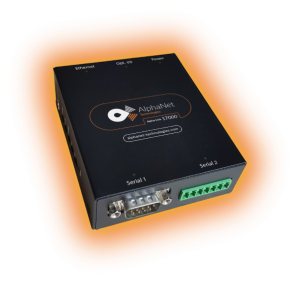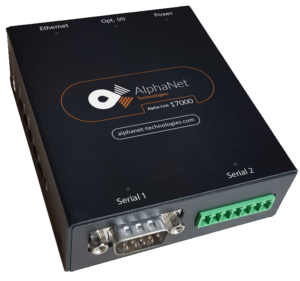If you’ve ever worked in industrial automation, you’ve likely heard of Modbus. But do you know what a Conversor Modbus is? In this article, we’ll delve into the concept and use of the Conversor Modbus, offering valuable insights for both beginners and experts.
Introduction to Modbus
History of Modbus
Modbus is a communication protocol that has stood the test of time. Developed in 1979 by Modicon (now Schneider Electric), it was originally designed for communicating with PLCs (Programmable Logic Controllers). It’s become one of the industry standards in the realm of automation and control systems.
Key Features of Modbus
Modbus is simple, easy to use, and robust. Its main features include its open-source nature, making it universally available, and its ability to establish a clear communication line between a single master device and several slave devices.
Understanding Conversor Modbus
Now, let’s dive into the crux of our topic: Conversor Modbus. Essentially, a Conversor Modbus is a device or software that facilitates communication between systems that use the Modbus protocol and those that don’t.
Functioning of a Conversor Modbus
It acts as a translator, converting data from the Modbus protocol to a format that other systems can understand, and vice versa. This enables diverse systems to communicate and work together seamlessly.
Types of Conversor Modbus
There are several types of Conversor Modbus, each suitable for a specific form of the Modbus protocol.
Modbus RTU
This is used for serial communication and uses binary for efficient data transmission.
Modbus ASCII
Also for serial communication, it uses ASCII characters, making it more human-readable than RTU but less efficient.
Modbus TCP/IP
This type is designed for Ethernet networks, combining the Modbus protocol with the TCP/IP protocol for Internet-based communication.
Advantages of Using Conversor Modbus
Data Accuracy
Since Conversor Modbus can translate and interpret data between different systems, it can ensure data accuracy and reliability.
Flexibility and Adaptability
Regardless of the communication protocol used by the devices in a system, a Conversor Modbus can facilitate communication between them, providing great flexibility.
Wide Industry Acceptance
Given the widespread use of the Modbus protocol in various industries, the Conversor Modbus is widely accepted and used.
Practical Applications of Conversor Modbus
Conversor Modbus is typically used in industrial automation systems, renewable energy systems, and building automation, among others.
How to Choose the Right Conversor Modbus
When choosing a Conversor Modbus, you need to consider the types of systems you need to connect, the specific Modbus protocol they use, and your overall system requirements.
Conclusion
In conclusion, a Conversor Modbus is an essential tool in modern industry, enabling seamless communication between different systems, ensuring data accuracy, and offering great flexibility. Whether you’re involved in industrial automation, renewable energy, or building automation, understanding the function and use of a Conversor Modbus is crucial.
FAQ
- What is a Conversor Modbus?
A Conversor Modbus is a device or software that facilitates communication between systems that use the Modbus protocol and those that don’t.
- Why is a Conversor Modbus necessary?
It is essential for ensuring seamless communication between different systems, promoting data accuracy, and offering flexibility.
- Where is a Conversor Modbus used?
It is typically used in industrial automation systems, renewable energy systems, and building automation, among others.
- What are the types of Conversor Modbus?
The types of Conversor Modbus correspond to the types of Modbus protocols: Modbus RTU, Modbus ASCII, and Modbus TCP/IP.
- How do I choose the right Conversor Modbus?
You need to consider the types of systems you need to connect, the specific Modbus protocol they use, and your overall system requirements.
conversor modbus


